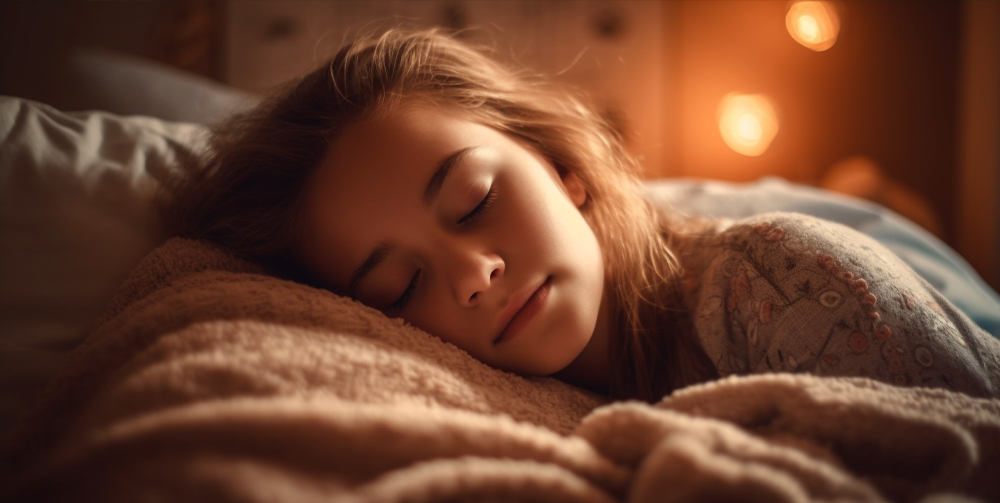
It’s Sleeptember, and our Mental Health and Wellbeing Champions are sharing some of their top tips on how to get the best night’s sleep. When we think about wellbeing and mental health, we often overlook the impact of irregular sleep patterns and how it affects us. It’s likely that many of us will face troubles sleeping at some point in our lives, with over a 1/4 of adults aged 45+ and 14% of those under 24 sleeping poorly.
So why is sleeping so important for our health? Studies have shown that there are a number of health benefits to positive sleeping patterns. Some of the benefits include improved weight management, a healthy immune system, a stronger heart, improved concentration, improved memory, and much more! Here are some things that can help you fall asleep faster and sleep better:
-
Keeping good sleep hygiene
What exactly is sleep hygiene? In short, sleep hygiene means having a regular routine at night. For example, having a set time each night to start settling down for the night, going to sleep, and getting up at set times. Being able to keep up with this routine throughout the week and even on weekends can improve your sleep.
-
Sleep starts before you get into bed.
While having good sleep hygiene is important, it’s also important to remember that things you do throughout the day can also affect the way you sleep. Using your phone or other electronic devices at least an hour before bed can affect your ability to fall asleep at night. We suggest finding reading or listening to a podcast before bed to help you drift off easier. Stimulants are also a common cause of sleep problems; avoiding nicotine, caffeine, or alcohol can improve your ability to fall asleep.
-
Don’t force it!
If you’re finding that you’re still restless in bed, don’t try and force it. There are a number of things you can do to calm your restlessness at night. For example, get out of bed and do something relaxing in a comfortable place, like reading or listening to music.
-
Keep active
Another great way to ensure your body and mind are ready for sleep is to keep yourself active throughout the day. Keeping active can also improve your mental health through relieving stresses and anxieties and releasing endorphins. All of which will help you rest easier at night!
-
Create the right environment.
Make sure your room is the right temperature for you and well ventilated, as a cool room is usually better to sleep in than a hot or stuffy one. Some people also find it helps to play music for sleep, such as ambient sounds like rainfall, gentle music, or white noise. Making sure the lighting is dark enough by purchasing effective blinds or curtains can also help contribute to creating a better environment.
If you’re having difficulty sleeping, these top tips are a great way to start improving your nights. However, it’s also important to remember that difficulty sleeping is often an early indicator of mental health problems. If you find yourself regularly struggling to sleep or keeping abnormal sleeping patterns, then consider contacting your doctor for additional support.
For more information on Sleeptember, visit the Sleep Charity.
The Sleep Charity also offers a helpline run by a team of specialist trained sleep advisors who can help talk through your issues, offer practical strategies, and recommend services that could help. To contact, call 03303530541.





